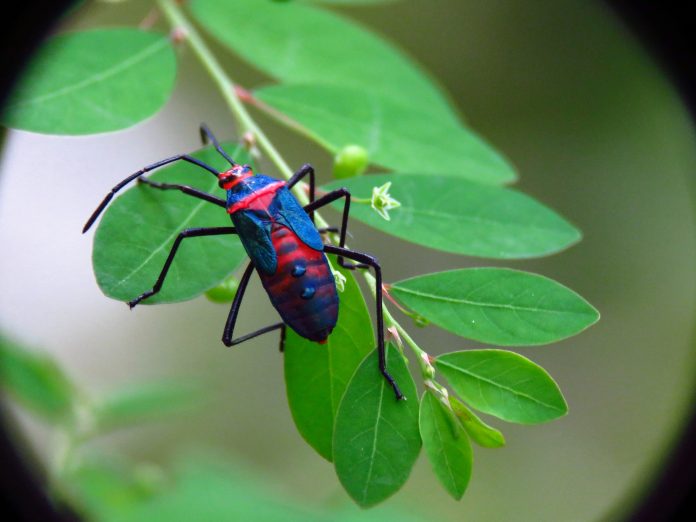The total mass of insects is falling by a precipitous 2.5% a year, according to a report. It also warned of a “catastrophic collapse of nature’s ecosystem”.
As reported by the Guardian, the planet is at the start of a sixth mass extinction in its history, with huge losses already reported in larger animals that are easier to study. But insects are by far the most varied and abundant animals, outweighing humanity by 17 times. They are “essential” for the proper functioning of all ecosystems, the researchers say, as food for other creatures, pollinators and recyclers of nutrients.
Insect population collapses have recently been reported in Germany and Puerto Rico, but the review strongly indicates the crisis is global. The researchers set out their conclusions in unusually forceful terms for a peer-reviewed scientific paper: “The [insect] trends confirm that the sixth major extinction event is profoundly impacting [on] life forms on our planet.
“Unless we change our ways of producing food, insects as a whole will go down the path of extinction in a few decades,” they write. “The repercussions this will have for the planet’s ecosystems are catastrophic to say the least.”
The analysis, published in the journal Biological Conservation, says intensive agriculture is the main driver of the declines, particularly the heavy use of pesticides. Urbanisation and climate change are also significant factors.
Most of the studies analysed were done in western Europe and the US, with a few ranging from Australia to China and Brazil to South Africa, but very few exist elsewhere.
In the tropics, where industrial agriculture is often not yet present, the rising temperatures due to climate change are thought to be a significant factor in the decline, reported the Guardian. The species there have adapted to very stable conditions and have little ability to change, as seen in Puerto Rico.
Prof Paul Ehrlich, at Stanford University in the US, has seen insects vanish first-hand, through his work on checkerspot butterflies on Stanford’s Jasper Ridge reserve. He first studied them in 1960 but they had all gone by 2000, largely due to climate change.
“It is extraordinary to have gone through all those studies and analysed them as well as they have,” Ehrlich was quoted as saying by the Guardian.

